Police and fire officers reveal horror of Middle Park gas explosion
POLICE officers badly burnt in a horrifying gas blast in Melbourne’s south have told for the first time of their desperate dash to safety, and the moment they feared they would die in the blaze.
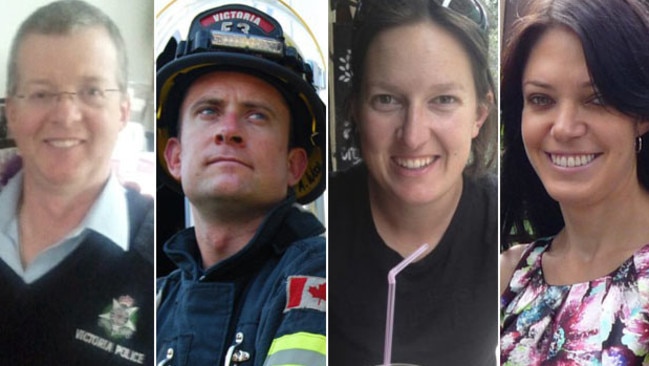
VIC News
Don't miss out on the headlines from VIC News. Followed categories will be added to My News.
POLICE officers badly burnt in a horrifying gas blast have told for the first time of their desperate dash to safety, and the moment they feared they would die in the blaze.
The two female constables and a male sergeant revealed how they felt their bodies burning as they escaped the apartment inferno in Middle Park, with one trapped in a room with the man who sparked it.
The women are permanently disfigured from the ordeal, but remarkably, Constable Emma Quick, 29, has vowed that she would do it all again.
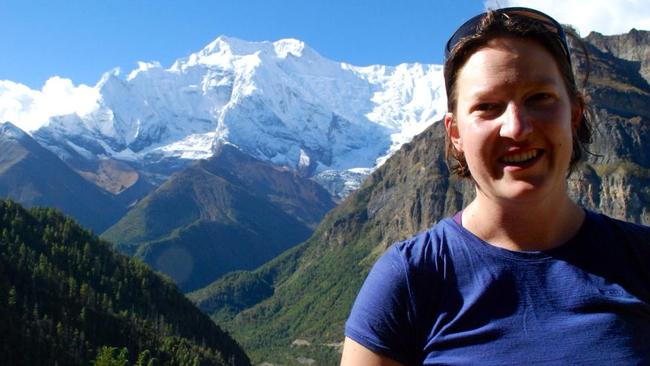
The officers have broken their silence as they struggle to deal with the trauma of a routine call-out that turned into a nightmare on January 4.
Constable Varli Blake, 33, recalls desperately pulling on the bedroom door after hearing a loud bang, the excruciating seconds that followed playing out in slow motion.
“The door didn’t open at the start so I went over to the window, and I thought, ‘I’m going to have to smash it and jump’,” the South Melbourne constable told the Herald Sun.
Running through her mind was: “I’m not going to die in this place, I want to see my baby nephew grow up.”
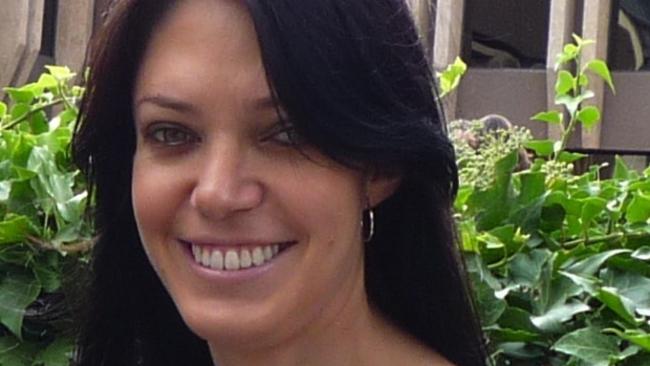
The door finally opened and she raced outside, desperate for water.
The drama began when a call came over the radio for a welfare check on Hambleton St about 8.15pm.
A man was threatening self-harm, but knocks at the door went unanswered, so firefighters climbed to the second-floor flat.
Moments after police were let in, the unit exploded amid bright flashes of flames caused by an exploding gas bottle.
As the apartment filled with suffocating fire and smoke, Constable Quick blindly ran on to the balcony, threw off her heavy vest and cried for help.
“At the exact moment when it went off, I could feel my skin burning, and in my head I thought, just for a second, ‘Am I dying?’,” she said. “I heard a huge whoosh, like if you light your gas stove, but obviously to quite a large degree.”
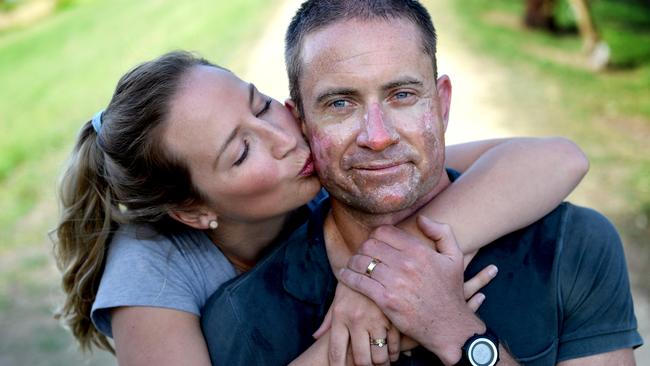
In a cruel twist of fate, Constable Quick, from St Kilda station, was not meant to be working in the area, having filled in for a sick officer.
Her blue police gloves were burnt off, skin peeling from her red-raw hands as she was helped down the ladder by her “hero”, Port Melbourne firefighter Andrew Wood.
NEIGHBOURS PRAISED FOR RESCUE EFFORTS
Sergeant Tony Scully’s first thoughts were making sure the female officers were safe.
It was only when he spotted them that he attended to his own hand, leg and facial burns, finding relief under a shower in the apartment block.
“At first you could feel a pulsing heat, you knew you were burnt, you just couldn’t see it,” said the 53-year-old father of two.
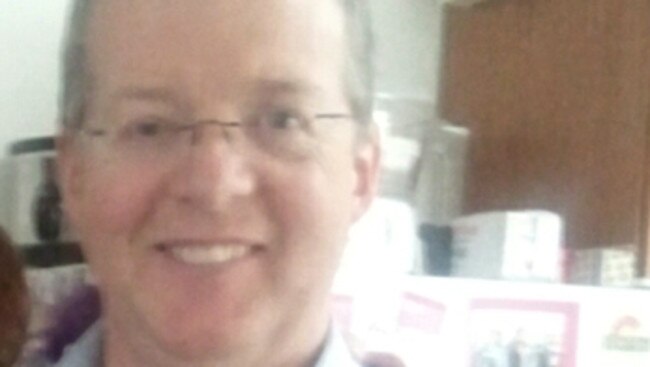
But the most painful experience was being taken from the shower to the ambulance.
“They ask you your pain score out of 10 — mine was 12.”
His hands are now so weak that the sergeant, dubbed “MacGyver” by his South Melbourne colleagues, is unable to even open a bottle properly.
The trio wants to return to duty but faces a long recovery.
The man accused of triggering the gas bottle explosion, Leon Firth, 40, has been charged with 17 offences, including multiple charges of reckless conduct endangering life and serious injury.
The officers, and Mr Wood, have been nominated in the Pride of Australia awards for their outstanding bravery.
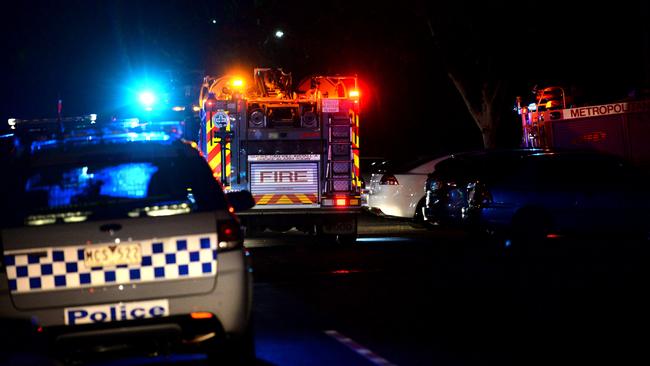
I COULD FEEL MY SKIN BURNING AND I THOUGHT, ‘AM I DYING?’
AS they lay on the concrete, garden hoses dousing their burns, two female constables yelled at each other: “What does my face look like?”
In that instant, they assured each other they looked fine. The worst was yet to come.
Moments earlier, a gas-filled unit in Middle Park exploded around them, irrevocably changing their lives forever.
The force of the blast blew out windows, littering the street and those below with glass and debris, drawing horrified residents from their homes.
Constables Emma Quick, 29, and Varli Blake, 33, sought relief under cooling streams of water delivered by hose and bucket, while Sergeant Tony Scully, 53, ran to a shower in the apartment block.
IT was a mild summer’s night when a call came over the police radio for a welfare check about 8.15pm.
It was a routine job, one that police respond to thousands of times each year.
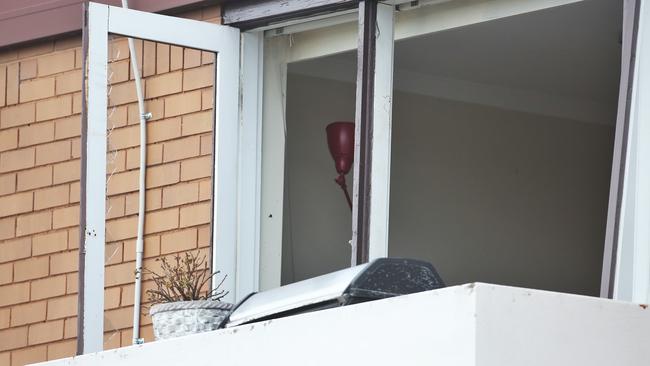
But it was one that, six months later, has rendered their lives unrecognisable.
The women have been left permanently disfigured and spent weeks in The Alfred hospital with severe burns to most of their bodies, including faces, arms, hands and legs.
They had to learn to walk again and endured multiple painful skin graft operations, with more planned next month.
The trio are yet to return to work as they undergo a merry-go-round of treatment from physiotherapy to speech therapists, psychology, face massages, hand therapy and personal training.
But it’s the battles that people can’t see, that are the hardest to conquer.
Constable Blake avoids nights out with friends and even during the day, finds it a challenge to leave the house alone.
A simple trip to the supermarket can crush her confidence.
“I’m not like them any more, I can’t finish work and have a knock off at the pub, have a drink and a good time,” she says.
“I need to go home and do therapy. And I don’t like looking like this.”
THEIR heads were shaved in hospital, so that healthy skin the same colour as their faces could be grafted.
Even where they weren’t burnt, new scars mark where skin was surgically removed.
“Every day gets better but there were times where Varli and I would say, ‘Have you cried today?’,” Constable Quick says.
They are banned from sun exposure as they heal, and live in compression garments 23 hours a day.
For a former outdoor education instructor who is at her happiest outside, it’s one of the hardest pills to swallow.
“You think — ‘Great, in 18 months to two years I’ll be able to go to the beach, but then — do you want to go to the beach?’,” she says.
“Do I want people to stare at me? But at the end of the day we are alive. The three of us survived.”
Firefighter Andrew Wood’s physical and emotional wounds are healing, but there’s an image he can’t erase from his mind.
It’s of Constable Quick, stranded on the second-floor balcony, screaming and moaning in pain.
He ignored his own searing wounds on the night to climb back up the ladder and help her.
“It was incredibly sad to see her like this, it broke my heart to see her in such distress,” he said.
“I was trying to talk to her calmly, telling her that it was all right, that I would help her down, that she was out of the fire, that she wasn’t going to die and that I would look after her.”
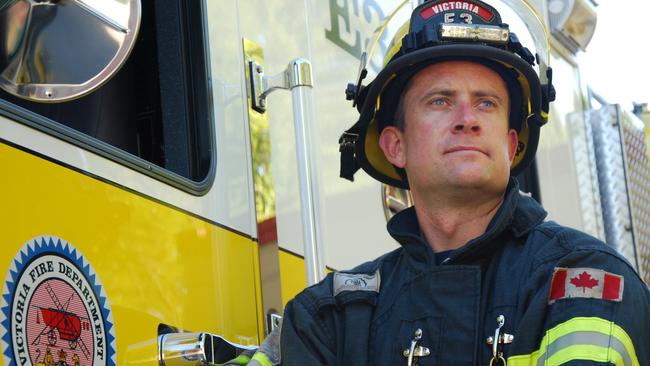
HE ADMITS to nearly hanging up his fireman’s hat after the incident, with wife Tahnee traumatised by his near-brush with death.
“Personally I always wanted to go back to the job, I really like what I do,” he said.
It was two months and another world away when he returned to firefighting, after taking up a 12-month exchange post in Canada in March.
News of his bravery arrived on Vancouver Island before he did, with local media reporting on the heroics of their new firefighter
Fresh scenery has aided the recovery, and he hopes to one day meet the female officers, after visiting Sgt Scully in hospital.
The officers, too, hope to eventually return to duty.
They have been deeply touched by the community’s overwhelming support, with well-wishes, flowers and cards coming from as far as the US.
Hospital visits by other burns victims has given an invaluable window into the unknown, including ultra-marathon runner Turia Pitt.
They agonise over how long it will take to improve, but it’s question no one can answer.
Constable Blake, who only joined the force five months before the accident, still wishes they could rewind time.
But Constable Quick says they were just doing their job: “I wouldn’t hesitate to go in to that situation again, obviously a little more cautiously,” she said.


